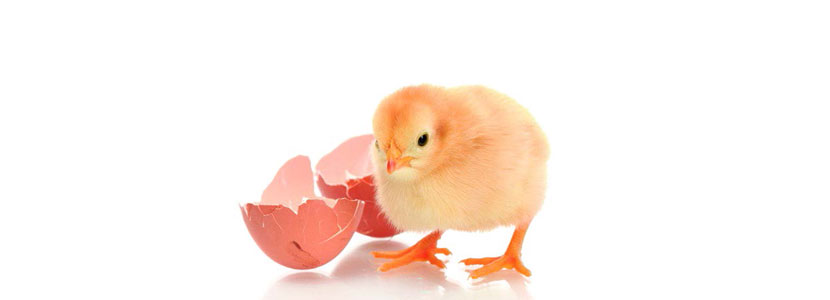Content available at: Español (Spanish)
When it comes to egg incubation processes on the industrial level, egg storage is a key factor that cannot be overlooked or avoided. However, long storage periods (seven days or more) inevitably lead to a considerable loss of hatchability.
In order to properly understand how heat treatment allows for partial recovery of hatchability losses caused by storage, then it’s crucial to examine the biology of early embryonic processes. The longer the eggs are stored, the greater the hatchability losses (Dymond, 2013). Eggs in storage have a higher embryonic mortality rate between the second and third day of incubation and require more time to complete incubation. As a result, some live chicks have to be rejected in the baskets because they hatched too late. (Nicholson, 2012).
Figure 1. Decrease in hatchability with prolonged storage of eggs (Aviagen, 2014).
Several studies have investigated the possibility of minimizing hatchability losses after a long storage period by applying short periods of heat treatment during storage, with mixed results. In recent years, more and more successful attempts to apply heat treatment during storage have been described, even in large-scale trials.
Nicholson (2012) and Aviagen (2014) demonstrated a consistent improvement in the hatchability of eggs stored for long periods (Ross 308 and Ross 708 broiler eggs, as well as various lines of grandparents and great-grandparents) applying one or more heat treatments in 34 small and large-scale trials.
Figure 2. Increased hatchability after heat treatment during storage (Aviagen, 2014)
The development of the avian embryo begins immediately after fertilization in the infundibulum and continues with the deposit of albumin and shell over the next 24-26 hours. The state of embryonic development at the time of oviposition (egg laying) varies with the different genetic lines, as well as with the age of the breeders. This can be genetically determined or linked to variations in oviductal transit time and / or body temperature.
In any case, the effect of long periods of storage on embryonic development depends to a great extent on the stage of development of the embryo at oviposition:
Keep up to date with our newsletters
Receive the magazine for free in digital version
REGISTRATION
ACCESS
YOUR ACCOUNT
LOGIN
Lost your password?

